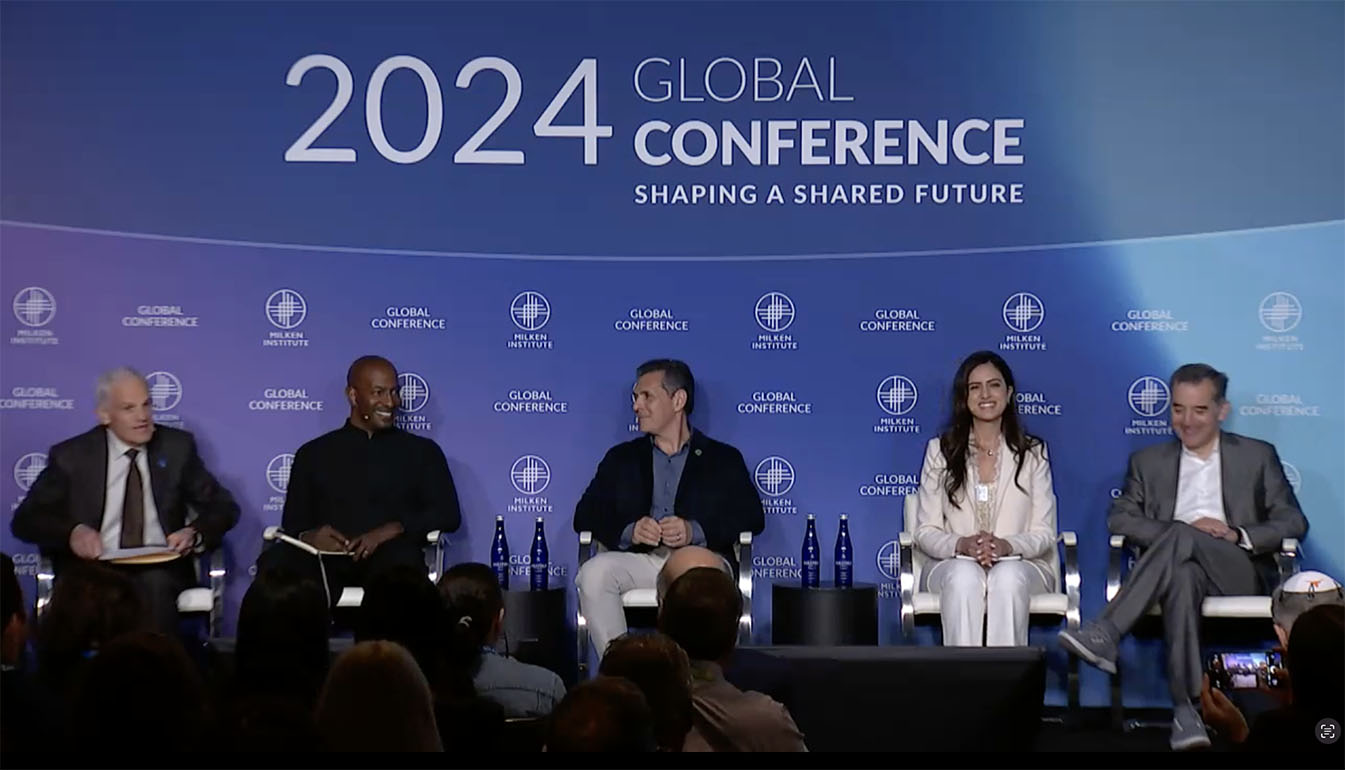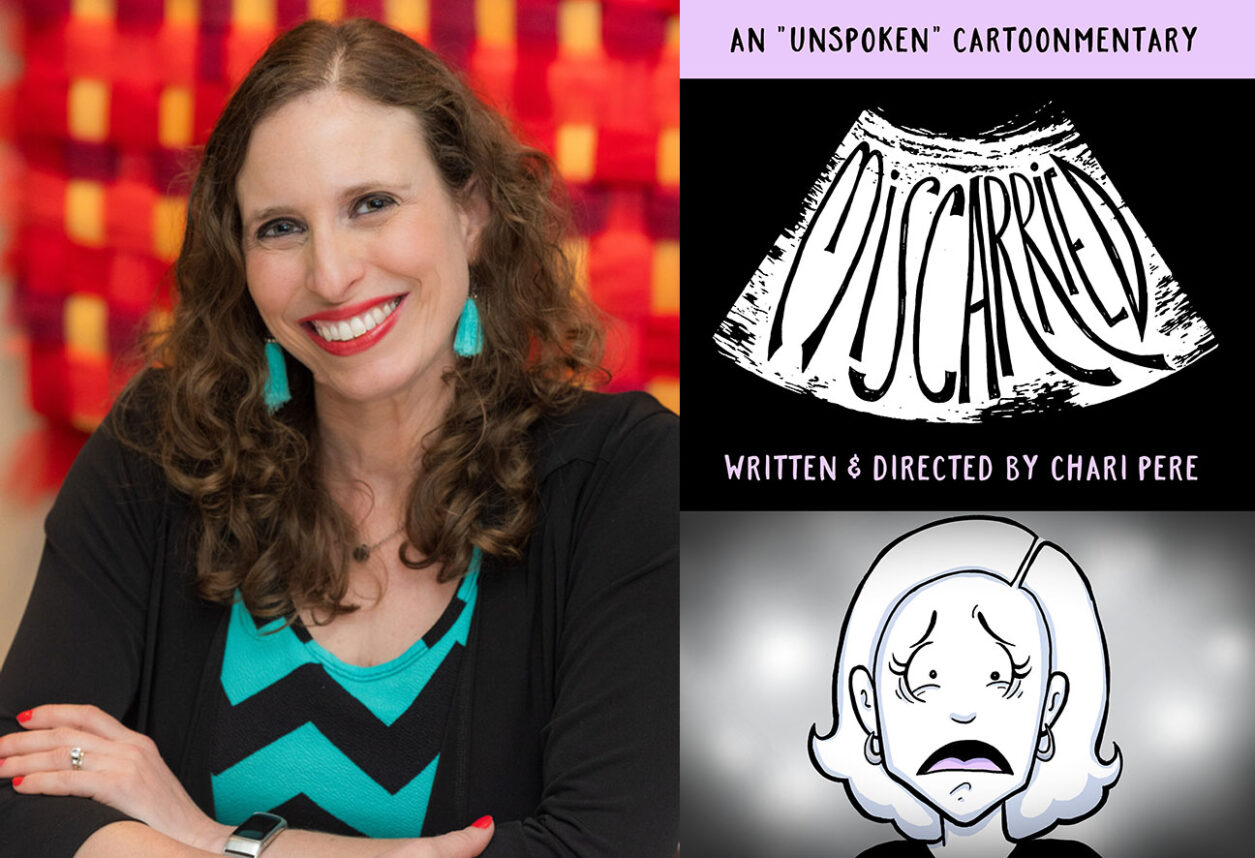It was in 1987, when Polish catholic periodical, „Tygodnik Powszechny”, published on its first site the article Poor Polish looking at the Ghetto by Jan Błoński. One of the most significant texts in the magazine’s history, concerning complex Polish – Jewish relations during World War II, provoked a range wave of comments, including lot of disagreements. Why did it cause so much buzz around itself?
’80 in Poland it was still a time of mythologizing the mentioned relationship, which in many ways continues to this day. Post-war literature, as well as cinematography was not recalling any acts of Polish part in Nazi-made Holocaust if such existed. War movies were telling stories of people throwing food above the Warsaw Ghetto walls, some of heros were trying to take part in a Warsaw Ghetto Uprising in 1943. Noone was literally giving a name for any kind of participation. Noone was giving a name for inaction.
Jan Błoński, inspired by Noble prised poet, Czesław Miłosz, is looking back at the history from a point of view of a Polish catholic, considering the time that has passed since the tragic years of war. Miłosz, in his 1943 poem, Campo di Fiori, compares Polish society looking at the flames of burning Ghetto to Rome street sellers who did not wait for the ashes of Giordano Bruno’s pile to become cold before they got back to selling and haggling. The reason of this comparison is the carousel wchich used to stand just next to the walls of Ghetto. It did not stop working when the Uprising began nor when it was finished. Is it enough to blame Polish citizens of participation? Błoński disunites two different figures: participation and the complicity. No matter of what were the circumstances, no matter for how many of Polish were helping Jews and how many were not, in order to safe their families life during the Nazi occupation, Poland must work on its national memory to admit its trespasses and wrondoings. This is the only way to achieve the peace of mind and conscience.
This is the point, where Błoński takes inspiration from another poem of Miłosz, Poor Christian looking at the Ghetto. Lyrical subject is hiding from a mole, a personification of a remorse, digging in the ground. Błoński is asking why do we have to hide from it? To run awal from conscience, from questions? From a conversation? Isn’t it a sign of feeling guilty? Why in every conversation about Polish anti-Semitism he takes part in when abroad, he must run away from tricky questions to arguments from which the new accusations grow up? Author claims that Polish catholic has got to stand up and admit that not in every inch we were perfect in the past. History in its complexity cannot be considered as black and white, nevertheless, we must face up also the darkest elements. Using words “we”, not thinking of the concrete numbers of gulity and not guilty personas. Take the responsibility of whole nation. This is the necessary way to work the subject through and clear the memory. Not by forgeting, but by the analising – it allows us to understand the mechanism and learn. Miłosz said clearing the national memory is a obligation of Polish poetry. Błoński, not disagreeing, adds that it must be done by Polish people.





















 More news and opinions than at a Shabbat dinner, right in your inbox.
More news and opinions than at a Shabbat dinner, right in your inbox.